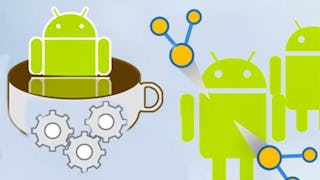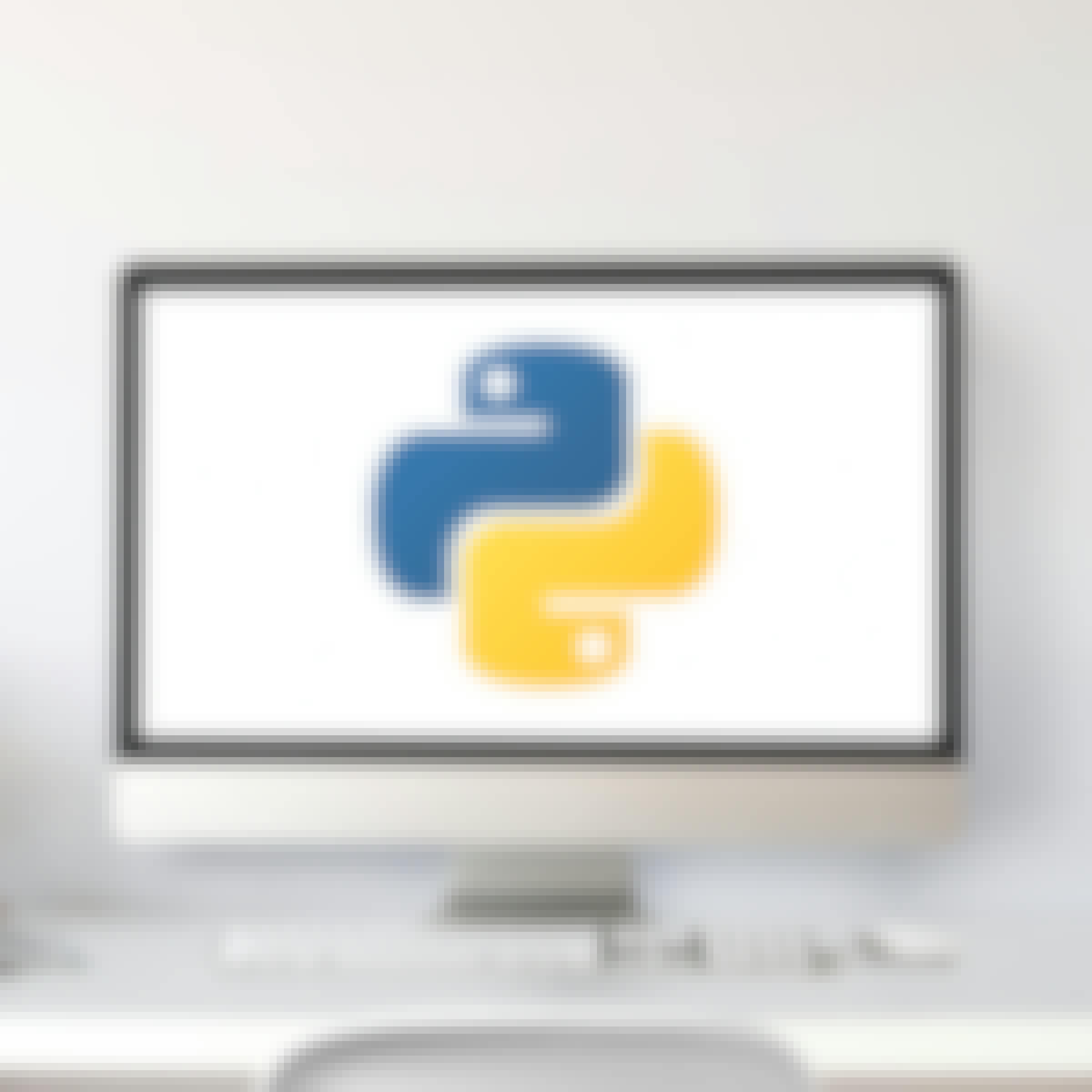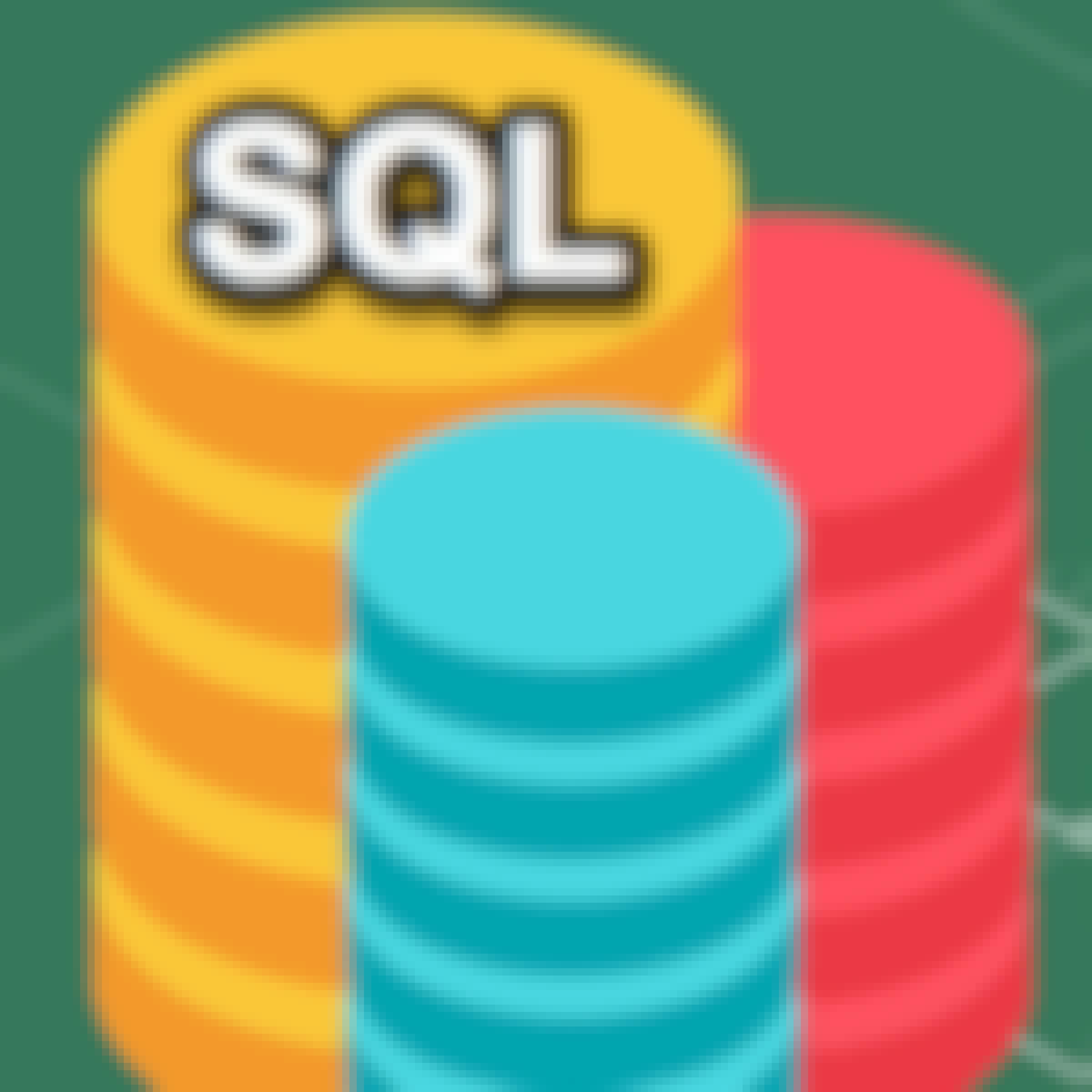Filter by
SubjectRequired
LanguageRequired
The language used throughout the course, in both instruction and assessments.
Learning ProductRequired
LevelRequired
DurationRequired
SkillsRequired
SubtitlesRequired
EducatorRequired
Explore the Java for Android Course Catalog
 Status: Free Trial
Status: Free TrialVanderbilt University
Skills you'll gain: Android Studio, Android Development, Object Oriented Programming (OOP), Java Programming, Java, Mobile Development, Data Structures, Integrated Development Environments, Computer Programming, Development Environment, Debugging, Algorithms
 Status: Free Trial
Status: Free TrialVanderbilt University
Skills you'll gain: Git (Version Control System), JUnit, Android Studio, Android Development, Unit Testing, Maintainability, Software Design Patterns, Test Automation, Object Oriented Programming (OOP), Integration Testing, Test Driven Development (TDD), Mobile Development, Development Testing, Software Testing, Testability, Software Engineering, Secure Coding, Java Programming, Java, Software Design
 Status: Preview
Status: PreviewUniversity of Maryland, College Park
Skills you'll gain: Android Development, Mobile Development, Android Studio, Android (Operating System), Application Development, UI Components, Java, Development Environment, Authorization (Computing), Application Lifecycle Management, Debugging
 Status: NewStatus: Free Trial
Status: NewStatus: Free TrialGoogle
Skills you'll gain: Prompt Engineering, Generative AI, Artificial Intelligence and Machine Learning (AI/ML), Large Language Modeling, Process Optimization, Productivity Software, Workforce Development, Digital Transformation, Innovation, Technical Writing, Emerging Technologies, Operational Efficiency, Business Solutions, Machine Learning Software, Data Security, Critical Thinking, Analysis, Data Quality
 Status: NewStatus: Preview
Status: NewStatus: PreviewHeriot-Watt University
Skills you'll gain: Object Oriented Programming (OOP), Java, Java Programming, Computer Programming, Programming Principles, Software Development, Algorithms, Computational Logic
 Status: Free Trial
Status: Free TrialVanderbilt University
Skills you'll gain: Prompt Engineering, ChatGPT, Productivity, Generative AI, Artificial Intelligence, Large Language Modeling, Creative Thinking, Ingenuity, Brainstorming, Problem Solving, Application Development, Collaboration
What brings you to Coursera today?
 Status: Free Trial
Status: Free TrialSkills you'll gain: Data Import/Export, Programming Principles, Web Scraping, Python Programming, Jupyter, Data Structures, Data Processing, Pandas (Python Package), Data Manipulation, JSON, Computer Programming, Restful API, NumPy, Object Oriented Programming (OOP), Scripting, Application Programming Interface (API), Automation, Data Analysis
 Status: Free Trial
Status: Free TrialUniversity of California San Diego
Skills you'll gain: Unit Testing, Growth Mindedness, Data Structures, Graph Theory, Event-Driven Programming, Interactive Data Visualization, Java, Java Programming, Network Analysis, Object Oriented Programming (OOP), Technical Communication, Development Testing, User Interface (UI), Software Testing, Computer Programming, Adaptability, Object Oriented Design, Performance Tuning, Algorithms, Problem Solving
 Status: Free Trial
Status: Free TrialDuke University
Skills you'll gain: User Interface (UI), Object Oriented Programming (OOP), Computational Thinking, HTML and CSS, Java, Java Programming, Software Design, Software Design Patterns, Data Structures, Debugging, Software Engineering, Interactive Design, Cryptography, Web Development, Web Design, Computer Programming, Javascript, Algorithms, Data Analysis, Cascading Style Sheets (CSS)
 Status: Free Trial
Status: Free TrialLearnKartS
Skills you'll gain: JUnit, Java Programming, Object Oriented Programming (OOP), Object Oriented Design, Java, Unit Testing, Debugging, Maintainability, Software Development, Secure Coding, Software Testing, Programming Principles, Computer Programming, Test Case, Application Development, Authentications, Application Security, Android Development, Cryptography, Software Design Patterns
 Status: Free Trial
Status: Free TrialSkills you'll gain: SQL, Relational Databases, Stored Procedure, Databases, Query Languages, Jupyter, Data Manipulation, Data Analysis, Pandas (Python Package), Transaction Processing, Python Programming
 Status: NewStatus: Free TrialStatus: AI skills
Status: NewStatus: Free TrialStatus: AI skillsSkills you'll gain: Prompt Engineering, Software Development Life Cycle, Cloud-Native Computing, Software Architecture, Hibernate (Java), Database Design, Responsive Web Design, Docker (Software), Containerization, Git (Version Control System), GitHub, Object Oriented Programming (OOP), Microservices, CI/CD, Restful API, Java Programming, Engineering Software, Version Control, Database Management, Software Design
Java For Android learners also search
In summary, here are 10 of our most popular java for android courses
- Java for Android: Vanderbilt University
- Android App Development: Vanderbilt University
- Programming Mobile Applications for Android Handheld Systems: Part 1: University of Maryland, College Park
- Google AI Essentials: Google
- Learn Java Programming: Heriot-Watt University
- Prompt Engineering for ChatGPT: Vanderbilt University
- Python for Data Science, AI & Development: IBM
- Object Oriented Java Programming: Data Structures and Beyond: University of California San Diego
- Java Programming and Software Engineering Fundamentals: Duke University
- Core Java for Complete Beginners: LearnKartS










